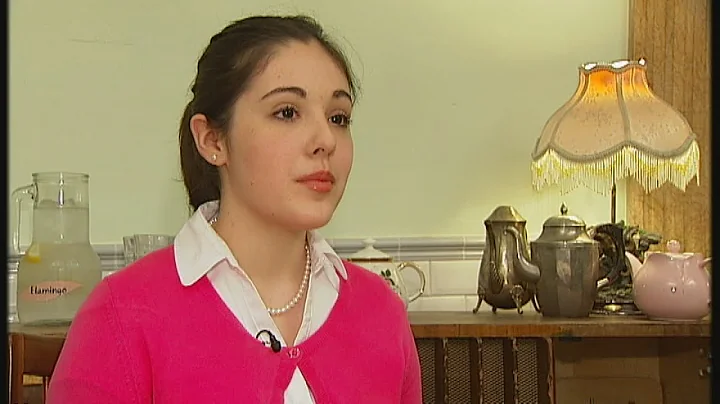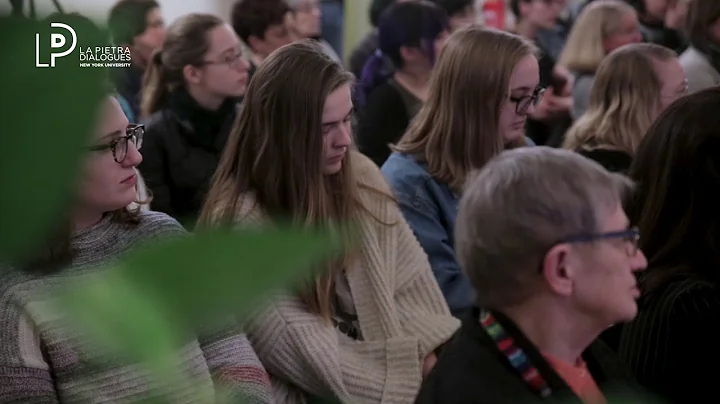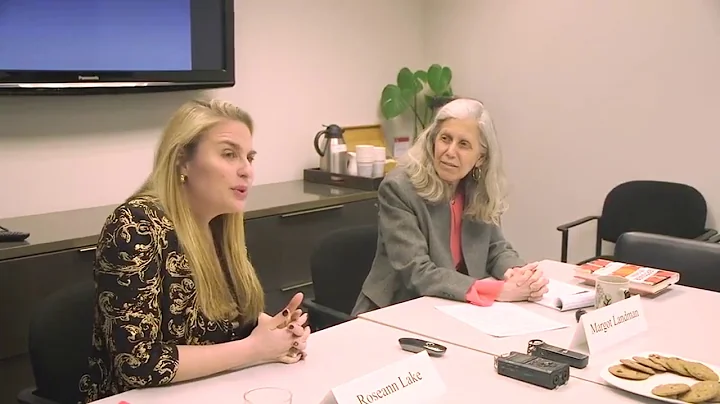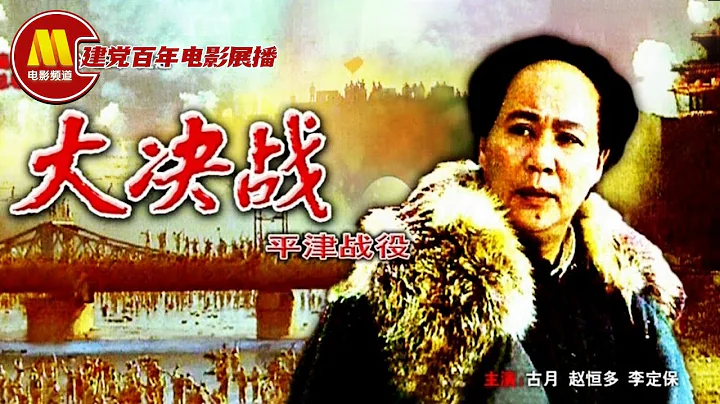One day in July 1949, a peasant woman with shabby clothes and a sallow complexion came to the government compound of Pingjiang County, Hunan Province.

The peasant woman said she was looking for the county party secretary. The guard at the government compound asked the peasant woman why she was looking for the secretary. The peasant woman patted the package containing the things and said proudly: "I will pay the party dues!"
The guard scratched his head and asked in confusion: "Why do you have to go to the county party secretary to pay the party dues? Sister, are you paying the wrong one? "Let's go, I'll take you to the place where you actually pay the party dues."
The peasant woman shook her head stubbornly and said firmly: "No, the party dues must be handed over by the county party committee secretary, otherwise I won't worry, little comrade, go and report it." , I will never let you get scolded."
Seeing the "eldest sister" being so determined, the guard grimaced and plucked up the courage to go to the county party secretary Qi Shouliang and report the matter. Qi Shouliang thought for a while and asked the guards to bring him over.
After the peasant woman arrived at the county party committee secretary's office, she took out 20 taels of gold bars from the tight package before she could speak.
Qi Shouliang, then secretary of the Pingjiang County Party Committee, was a little stunned when he saw this scene. It wasn't until the peasant woman said a name and told a story that he realized what he was doing and couldn't help but feel awe.

The name of this peasant woman is Zhu Yinmei , and her husband’s name is Tu Zhengkun.
This story begins with the "Pingjiang Massacre" that shocked the country in June 1939.
Tu Zhengkun was born in 1897 and a native of Pingjiang, Hunan. He joined the Communist Party of China in May 1925. In September 1927, Tu Zhengkun also participated in the Autumn Harvest Uprising led by Chairman Mao on the border of Hunan and Jiangxi, still serving as a backbone.
Due to the lack of complete unity of command and the brutal suppression of the Kuomintang reactionaries, the Autumn Harvest Uprising failed. Tu Zhengkun took some of the peasant rioters from Pingjiang to Pingjiang and moved to the Lianyun Mountain area in the east of Pingjiang to start a guerrilla war. Therefore, Tu Zhengkun did not go with Chairman Mao to establish a revolutionary base in Jinggangshan.
When fighting guerrilla war in Lianyun Mountain, in order to boost morale, Tu Zhengkun, who had attended private school for 4 years, wrote a catchy folk song that was widely circulated in the local area: The spear shines brightly, capture the thief first and capture the king, overthrow Chiang Kai-shek , capture Xu Kexiang alive.
In February 1928, Tu Zhengkun was appointed secretary of the Fourth District Committee of the Communist Party of China in Pingjiang and representative of the guerrilla party, leading the revolutionary struggle in part of Pingjiang.
Because Tu Zhengkun’s participation in the revolution was known to the Kuomintang reactionaries, Tu Zhengkun’s father and mother were killed successively and made public.
This made Tu Zhengkun's understanding of class hatred to a higher level, his disgust for the Kuomintang reactionaries even more, and his belief in the Chinese revolution even stronger.

In July 1928, Tu Zhengkun led the Lianyunshan guerrillas to coordinate the Pingjiang Uprising led by comrades such as Peng Dehuai and Huang Gonglue, and participated in the establishment of the 5th Red Army to carry out the struggle to open up the Hunan, Hubei and Jiangxi base areas.
In October 1934, the main force of the Central Red Army began the Long March. Comrades such as Tu Zhengkun and Fu Qiutao continued to lead extremely difficult guerrilla struggles in the Hunan-Hubei-Jiangxi border area. This guerrilla struggle lasted for three years, having lost most of its contact with the central government, lacking food and clothing, being frequently surrounded and suppressed, and shrouded in white terror.
Even in such a difficult environment, Tu Zhengkun still developed and retained nearly 500 party members and cadres and nearly 400 Red Army soldiers. They are the seeds of revolution, they are the sparks that can start a prairie fire!
In February 1937, after Zhang Xueliang and General Yang Hucheng's Xi'an Incident , the "encirclement and suppression" actions of the Kuomintang reactionaries became less and less. The Central Committee of the Communist Party of China also contacted this group of comrades in the Hunan-Jiangxi-Hubei border area again and appointed Tu Zhengkun as the leader of the Hunan Province. Secretary of the Hubei and Jiangxi Provincial Party Committee and member of the Hunan, Hubei and Jiangxi People's Anti-Japanese Military Committee.
When the July 7th Incident broke out, the Central Committee of the Communist Party of China sent a special person to the Hunan, Hubei and Jiangxi Provincial Committee to convey some anti-Japanese instructions and spirit. Soon after, Tu Zhengkun held negotiations with the local Kuomintang authorities and established the Anti-Japanese National United Front in the Hunan, Hubei, and Jiangxi Soviet Areas .
At the end of 1937, the Hunan, Hubei and Jiangxi Red Army guerrillas were officially incorporated into the New Fourth Army, led by Fu Qiutao, and went to the Jiangnan Anti-Japanese Front.Tu Zhengkun stayed and became secretary of the Hunan, Hubei and Jiangxi Special Committee and director of the Pingjiang Communications Office of the New Fourth Army, continuing to fight on the rear.

Unfortunately, Tu Zhengkun died in 1939, behind the lines of the Anti-Japanese War, not behind enemy lines. This was something that no Chinese had expected, and even the Japanese invaders were shocked when they learned about it.
Wasn’t it true that in 1937, the Anti-Japanese National United Front was formed? Why was Tu Zhengkun still killed by the Kuomintang? Is this considered treason? Is this considered defection?
Fu Qiutao, who came to the anti-Japanese front line and fought head-on with the Japanese and puppet troops, was a good man and became the founding general of the country. He lived until 1981, but Tu Zhengkun died in 1939 under the butcher knife of the Kuomintang! Too many people can't accept this, it's too difficult to accept.
On June 12, 1939, the Kuomintang troops secretly surrounded the Communications Office of the New Fourth Army in Pingjiang under the cover of darkness. Six comrades, Tu Zhengkun, Wu Yuan, Luo Ziming, Zeng Jinsheng, Wu Hequan, and Zhao Luying, were shot or buried alive.
When the news of the Pingjiang Massacre came out, Chairman Mao, who was filled with grief and indignation, publicly published a speech titled "The Reactionaries Must Be Sanctioned", in which Tu Zhengkun was mentioned three times.
html On August 1, Yan'an held a memorial meeting for thousands of people to commemorate Tu Zhengkun, who died tragically at the hands of the Kuomintang. Chairman Mao, Zhu De, Chen Yun, Peng Dehuai and others wrote elegiac couplets and presented them to him.There is a sentence in the article: "We must oppose, we must protest!" It can be seen that Chairman Mao, in order to take the overall situation into consideration, suppressed his anger, tried his best not to say those "excessive" words, and tried his best to safeguard the "anti-Japanese nation" United Front”.

Before Tu Zhengkun died, he felt an inexplicable danger, so he gave the party's funds, one pound and four taels of gold, to his wife Zhu Yinmei, and told her to take good care of it. If anything happened to her, she must return the gold exactly. , and put it into the hands of the party organization. After the
tragedy, Zhu Yinmei and her 9-month-old son were almost killed. Fortunately, the kind-hearted landlord and neighbors helped to cover up and they escaped.
29-year-old Zhu Yinmei, in order to avoid being pursued by the enemy, carried her young child Tu Mintao on her back. After 10 years of wandering begging life, she has been looking for a reliable party organization.
During those 10 years, Zhu Yinmei, mother and son traveled north to Tongcheng, Hubei Province, and to south to Liuyang, Hunan Province, walking back and forth along the long mountain range in the middle.
In order to minimize the risk, Zhu Yinmei did not dare to build a shed. Sometimes she could find a cave and sleep in it; , it rains all year round.
Eat, eat wild vegetables and sweet potatoes, without making a fire; drink, drink rainwater from mountain springs and rivers. Sometimes Tu Mintao would scream with hunger, and Zhu Yinmei would go down the mountain to beg for some noodles, or do odd jobs in exchange for food.
has endured this for 10 years. These 10 years happened to be Tu Mintao's childhood. He was young at that time, but he remembered everything clearly.

Does Zhu Yinmei have no money? No, there is gold hidden in her cotton-padded clothes that will allow them, mother and son, to live a wonderful life. As long as she sells a little bit and keeps her name anonymous, mother and son can definitely live a stable and happy life.
But Zhu Yinmei is "dead-hearted". She believes that doing this will tarnish her party spirit, break her promise to her husband, and smear her husband's innocence! Therefore, she must return the party dues left by her husband to the party organization in full and in full!
In July 1949, the good news of Pingjiang's liberation reached the mountains, and Zhu Yinmei happily took her son Tu Mintao out of the mountains.
came to the Pingjiang County Party Committee compound alone and handed 20 taels of gold (1 city jin was 16 taels at the time) into the hands of Pingjiang County Party Committee Secretary Qi Shouliang. Zhu Yinmei's long-cherished wish was finally fulfilled, and she could live a stable life like an ordinary person.

Tu Zhengkun was only 42 years old when he died. What a young and powerful age. If he had not been stabbed in the back, he would probably have been awarded the rank of general, and his wife and son would not have suffered so much.
Tu Zhengkun and Zhu Yinmei are so dedicated to serving the public, which is really admirable.Just ask how many people in the world can do this.





















